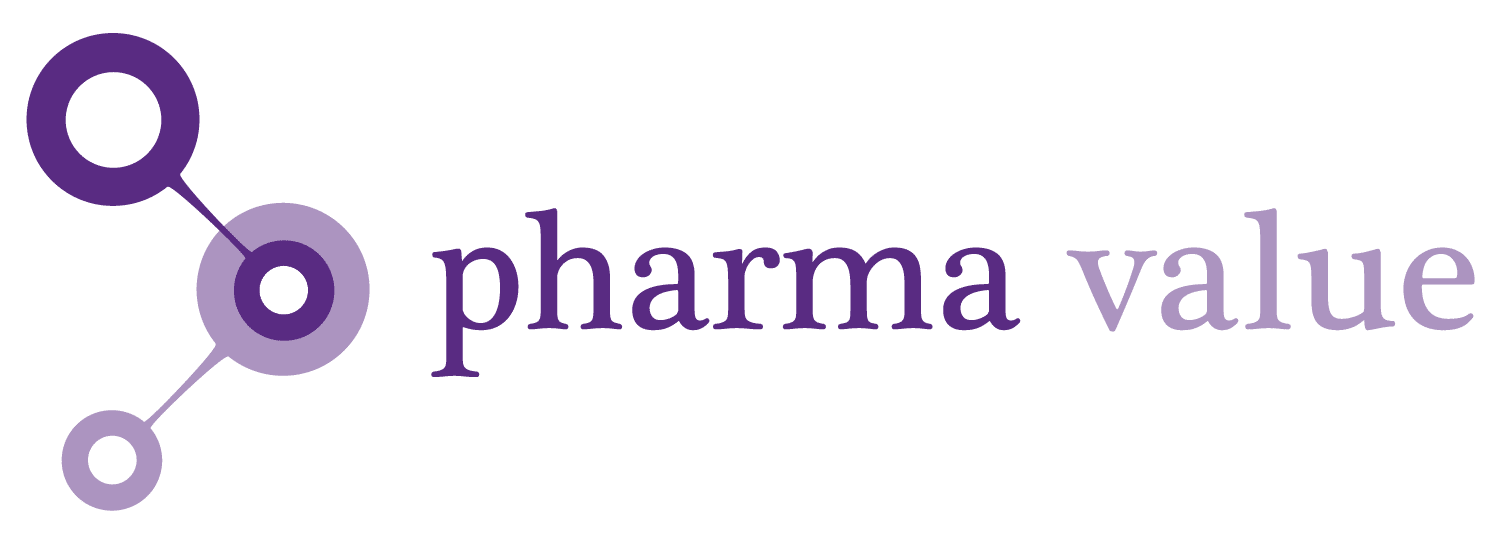Held on 14 February 2024 in Rome, at the Capranichetta Hall of the Hotel Nazionale, the presentation of 'Stop being Patient', OMAR's campaign in collaboration with the Rare Disease Alliance and six pharmaceutical companies that participated with a non-conditional contribution (Advanz Pharma, Alfasigma, Amicus Therapeutics, Biogen, Chiesi and Novartis).
The event was attended by many institutional guests, doctors, researchers and people with rare diseases, protagonists of the campaign with their life stories.
"The time has come to break down the mechanisms that do not allow the person to be taken care of, enhancing the role of caregivers and promoting the humanisation even of the hospital phase and the socialisation of people with disabilities and rare diseases".
These were the opening words of Disability Minister Alessandra Locatelliin his video message.
The State Secretary for Health, Hon. Marcello Gemmato recalled that the Rare Diseases text was unanimously approved in the Senate and thanked the Rare Diseases Committee that made it possible to activate the National Rare Diseases Plan 2023-2026 after 7 years, with annual funding of 25 million euros.
Among the critical aspects, he denounces the persistent regional disparities in the approach to rare diseases, even though he recalls that the Plan aims to annul the differences on the basis of Article 32 of the Constitution. Among the strengths, he expresses satisfaction with Italy's position in terms of national access: in Europe there are 130 orphan drugs authorised by the Ema for rare diseases and tumours, of which 122 are already available in Italy; our country is second only to Germany, but there are still too many regional disparities.
In closing, he states that the Meloni government has reconfirmed the level of spending of the Covid period, although not in emergency, by implementing the budget up to 136 billion, of which 50 billion for the Rare Disease plan. "Much more and better could be done in terms of prevention'. he closed by confirming his availability and commitment on this issue as well.
Among the most eagerly awaited speeches was that of Pierluigi Russian Technical-Scientific Director of the new AIFA. After thanking the Government for intervening with a Plan for the renewal of the Italian Medicines Agency in the direction of simplification, he too emphasised how, with regard to the procedures dedicated to Rare Diseases, the Italian level of representation is not comparable to the European one in which many countries have patients and diseases that are not considered.
He goes on to say that the objectives of the new AIFA are to increase efficiency, transparency and the involvement of pharmaceutical companies and patient associations in the decision-making process in order to arrive at more effective, useful and precise decisions.
After also mentioning the importance of caregivers, he closed his speech by stating: "In rare diseases there is complexity, the commitment is to make the drugs available as soon as possible, but the organisation needs to be put in place to make it efficient in producing results".
Marcello Cattani President of Farmindustria argues that the logic value based should be the one that will drive the achievement of the expected KPIs. "More than 35% of clinical trials in Italy are dedicated to rare diseases, we need to work with the government to create an effective framework'..
Francesca Gasbarri, OMaR's social media manager introduced the social campaign about the everyday life of people with rare diseases. During the morning, three videos and one of the protagonists were screened, Veronica, also spoke in the hall to represent a difficulty she is facing with INPS. "When the disease is unseen, the person living with it finds it even more difficult to assert his or her rights".
The Hon. Maddalena Morgante of the Commission XII 'Social Affairs', Chamber of Deputies sets as fundamental points on which to work: early diagnosis, scientific research and specialised training for doctors who can then refer to the competent doctors. In Italy we have 2 million people with rare diseases with an average of 4 years for diagnosis.
Fiorella Gurrieri, Professor of Medical Genetics Campus Bio-Medico University of Rome, argues that the challenge is not only early diagnosis, but also diagnosis in adulthood. The patient must be accompanied throughout the diagnostic process with pre-test and post-test counselling. Geneticists are not able to diagnose about 60% of rare diseases, because there is an unknown disease biology.
Among the representatives of the associations, Manuela Vaccarotto, Vice-president Aismme APS; Italian Association for the Support of Hereditary Metabolic Diseases.
He focused his speech on the importance of neonatal screening, "SNE (Expanded Neonatal Screening) is already funded - affirms- not applied nationally, due to a lack of approval of the update in the LEAs, fortunately some regions have independently applied the expansion of neonatal screening for new diseases". His association calls for the 10 identified pathologies to be included in the screening of all Italian regions.
The Hon. Ilenia Malavasi, of the XII Commission 'Social Affairs', Chamber of Deputies has also fought for the inclusion issue, she brought to the Chamber a bill for the inclusion of NIPT, a non-invasive prenatal test of foetal DNA in the maternal bloodstream, which is currently paid for, should be included in the LEA. He also stresses the importance of the role of caregivers in our country almost 3 million.
Mauritius Shoe, Director of the Regional Centre for Rare Diseases, Autonomous Region of Friuli-Venezia Giulia and the coordinator MetabERN recounts the experience of ERNs, networks formed by hospitals that are also attracting European funding for research.
He is participating in a European project on ERN centres for integration in hospitals.
They have built an Italian group of 18 hospitals for paediatric screening, they also work in collaboration with the Italian metabolic disease society. It is essential that rare diseases be studied more, activating courses and master's degrees for new doctors who are also ready to use the new technologies.
Giuseppe Limongelli, Director of the Rare Disease Coordination Centre, Campania Region brings the experience of his region, as it is difficult to imagine a national PDTA, his Centre is applying a regional one, following the guidelines on rare diseases.
Again for the associations, among the most heartfelt speeches was that of Maria Pia Sozio, President As.Ma.Ra Onlus, Associazione Malattia Rara Sclerodermia ed altre malattie rare.
With his association, he demands effective feedback from the instructions, reads a detailed list of other demands including: merging heterogeneity into a single text, updating the amounts for care allowances, reviewing the records of medical commissions, updating the evaluation tables that are still in 1992, implementing telemedicine, and reviewing the principles and measures of the accompanying arrangements.
Lisa Noja, Lombardy regional councillor, introduces the topic of the right to independent living, talks about school as a fundamental right for the everyday life of people with disabilities.
In Italy we have a disability law that provides for a single certification, but there is a lack of understanding in the territories of the importance of these laws.
He still emphasises the need to value social work, there is a lack of qualified personnel because this is generally underpaid. He states there is a disvalue in our society for care workers.
Sen. Paola Binetti, Professor of History of Medicine and Human Sciences at the Campus Biomedico University in Rome and OMaR Ambassador, speaks of 'bureaucratic harassment' that magnifies the problems of people with rare diseases. He gives the example of Down's Syndrome people, who until a few years ago were subject to review of their disability, as a paradox of bureaucracy.
Roberto Poscia, Director of the Clinical Research and Clinical Competence Unit, introduces another important topic: that of the relocation of screening, which should be carried out not only in hospitals but also in accredited centres.
Giorgia Tartaglia of the Lazio Rare Disease Coordination, spoke for a brief greeting and thanks for the topics discussed, also on behalf of his patient daughter.
Francis Spot, Vice-President OMaR, concluded the event by thanking all the participants (politicians, patients, patient representative associations and pharmaceutical companies), whom he called a 'community'.
"There is still a lot to be done, although much has been achieved in the past year" and summarises the topics in five words: diagnosis, equity, care, training and research. It mentions the Comparator Survey which OMaR is working on with Pharma Value and greets with an invitation for everyone to become a promoter of the 'Enough is Enough' campaign.


